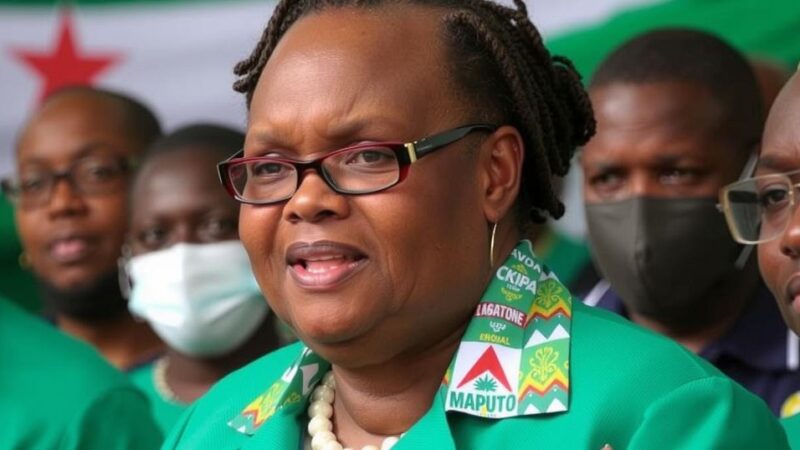Namibia has extended voting until Saturday after the initial election was fraught with technical issues, leading to long lines and disenfranchisement. Only one polling station was reopened in Windhoek, prompting complaints from voters and opposition parties about the electoral process’s efficacy. SWAPO faces mounting pressure amidst rising public dissatisfaction as the elections proceed in an unprecedented context for the ruling party.
Namibia has reopened voting for its presidential and legislative elections until Saturday evening following significant disruptions during the original voting day on Wednesday. The elections, which are crucial in testing the ruling South West Africa People’s Organisation (SWAPO) party’s stronghold, experienced prolonged queues extending up to 12 hours due to technical failures. Voters faced numerous challenges including issues with voter registration tablets and insufficient ballot papers, leading many people to leave without casting their votes.
To address the chaos, the electoral commission decided to extend the voting period, allowing Namibians another chance to participate in the electoral process. At the sole reopened polling station in Windhoek, approximately 60 individuals responded by coming out to vote, including student Kluivert Muuondjo, who had previously been unable to cast his vote due to time constraints on the initial day.
The frustrations surrounding the election have sparked anger among opposition parties, with calls for the electoral proceedings to be halted. Political representatives, such as Christine Aochamus from the Independent Patriots for Change (IPC), confirmed that the opposition intends to convene and deliver a united response to the current situation. As SWAPO faces scrutiny, particularly from disenfranchised youth, vice-president Netumbo Nandi-Ndaitwah’s candidacy is now challenged amidst calls for improved electoral transparency, especially given the historical context of SWAPO’s governance since Namibia’s independence in 1990.
The elections in Namibia mark a pivotal moment in the nation’s political landscape, especially against the backdrop of SWAPO’s long-standing leadership since the country’s independence from South Africa in 1990. There are rising tensions due to youth unemployment, systemic inequalities, and a newly emerging generation that contests traditional party dominance. The recent election chaos highlights the urgent need for electoral reforms and improvements in the voting process to maintain democratic integrity and public trust in the governmental system.
In summary, the reopening of polling stations in Namibia reflects the electoral commission’s response to widespread dissatisfaction and logistical failures during the initial voting day. The continued challenges faced by the ruling SWAPO party in securing its stronghold are further exacerbated by growing opposition discontent and calls for systemic change. Stakeholders will be closely observing the outcomes of this extended voting period as it may signal a shift in the political dynamics of Namibia.
Original Source: www.zimlive.com







